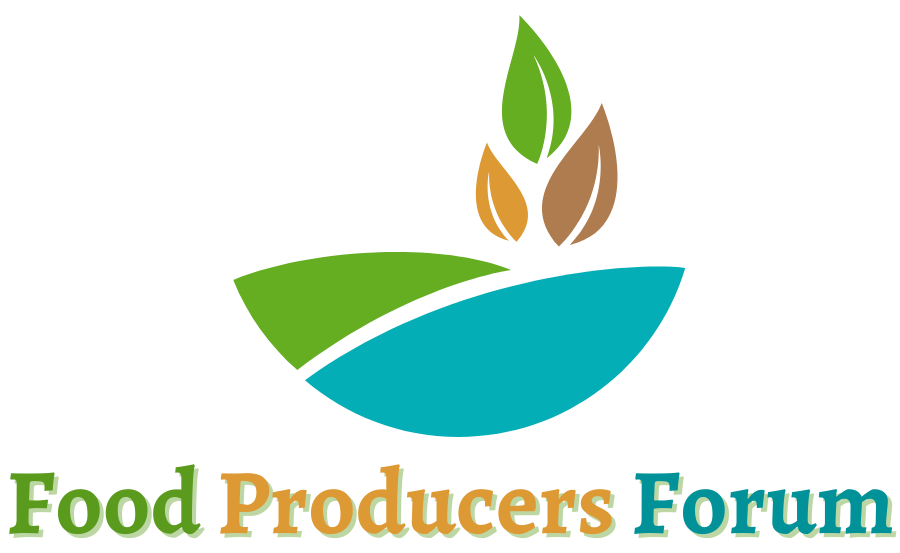We have long known that we, as Newfoundlanders and Labradorians, are too dependent on imports for the majority of our food supply. In fact, most of our food comes in through long-distance, just-in-time, complex-supply-chain import systems. COVID-19 has set off alarm bells and it’s time to get serious about our food resilience. These import supply chains are being seriously challenged.
We are witnessing complex global supply chains breaking down. For food in particular, there are two separate supply channels – commercial and consumer. Due to a dramatic drop in demand, restaurants, school and university cafeterias, and other public food outlets are cancelling orders in the commercial channel. As a result, across North America, meatpacking plants are being shuttered, milk is being dumped and vegetables are being plowed under. Farmers are seeing shortages of seasonal labour at a critical time and centralized processing facilities are closing due to employee infections. Should we be worried? This may be understandable, given that there is only a three- to five-day inventory of food in our stores at any given time.
Now is the right time for acting local and prioritizing our planning and actions to be less reliant on food imports. It wasn’t very long ago that we were fairly self-sufficient. Backyard and roadside gardens were a work of art, labour and survival. People shared and traded their bounties in a sort of grey-market economy that built rural Newfoundland and Labrador. It was, and still is, a deep part of our cultural DNA. While this is not primarily an agricultural-based province, we used to, and can again, feed ourselves.
A fraction of this grassroots, community-level system still exists today with home gardeners, small farms, organic gardeners and local market growers. Having a direct relationship with the one that grows your food is pretty special; even more special when times get hard. But with technological advancements and the need to be connected more to gigabytes than soil, our grandparents’ children have lost that connection and skillset.
Our new frontline workers in support of domestic food production are the many local garden centres across the province. It is the first place residential gardeners reach out to for knowledge on food production. We have been told that College of the North Atlantic is exploring partnerships with Food First NL and other organizations to offer online gardening courses this spring. Right now though, experienced gardeners still rely on the local garden centre for advice, DIY training videos, seeds, plants, soils and fertilizer.
Food self-reliance requires measures to ensure that farm and garden supply stores remain open and their supply chains functioning. Seed supplies and know-how should be considered an essential service. These stores are the new supply and information hubs for our local food self-sufficiency. On-line garden training can become a new part of our public’s educational system, fine-tuned at the local level by the experts at the local garden centres.
COVID-19 has taught both governments and citizens that it is urgent and essential to plan ahead for pandemics and their economic fallout. While our immediate personal and public health is job one, we also need to begin preparing for greater control over our food supply.
It has been shown that collective social action, as in physical distancing, can be one of the most effective things we can do in a pandemic. We need to take a similar collective action to stabilize our food supply, and we ought to do it sooner rather than later.
Get out there this spring and plant a garden or help a neighbour to expand theirs. If you don’t have the land yourself, join a community garden or work with others to create one if one doesn’t exist in your area. Support your local small-scale farmers and farmers’ markets and ask how you can help as well. Consider giving your extra garden produce to neighbours (especially the elderly) and the local food bank if you don’t have the ability to market it yourself.
We’re all in this together.
Sean Dolter is the Owner/Operator of The Greenhouse, Little Rapids, NL, and Robert Cervelli is the Executive Director of Centre for Local Prosperity, Head of St. Margarets Bay, NS.
